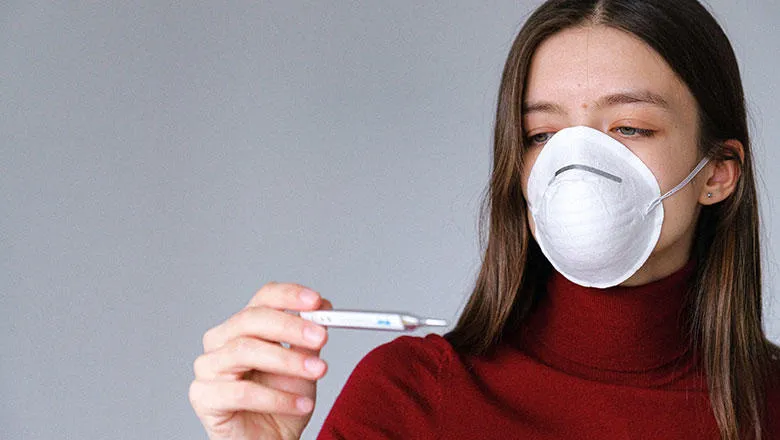I would like to say a big thank you to all our twins for logging their symptoms and health status regularly in the app. It’s because of their tremendous commitment to health research over the years that we are able to carry out this crucial research so quickly.
Professor Frances Williams
27 April 2020
COVID symptoms partly influenced by genetics according to app data
Data from the COVID Symptom Tracker app suggests some symptoms, including fever, fatigue and anosmia, have genetic influences.

Genes are 50% responsible for the presentation of key symptoms of COVID-19 including fever, fatigue and loss of taste and smell, according to the latest data from King’s College London researchers. They say these results suggest that some people are more susceptible to COVID-19 infection than others because of their genetic makeup.
The genetic basis of this variation in response could provide researchers with important clues for developing treatments for COVID-19 and could help identify high-risk groups of people.
The team, led by Professor Frances Williams and Professor Tim Spector, analysed data logged on the COVID Symptom Tracker app, developed by ZOE, which has been downloaded by more than 2 million people in the UK including 2,600 twins from TwinsUK.
The team used information regarding the twins’ health, symptoms and level of contact with their co-twin to develop a model to understand how much genes influence symptom presentation in COVID-19.
Genes were almost 50% responsible for the development of symptoms of delirium, fever, fatigue, shortness of breath, diarrhoea and loss of taste and smell in individuals. The environment meanwhile was responsible for the development of other symptoms such as hoarse voice, cough, chest pain and abdominal pain.
Professor Tim Spector from King’s College London added: 'It’s essential that everybody keeps logging their health status in the app – even if you feel well. The data you provide enables us to carry out this urgent research to understand the behaviour and progression of the virus.'


